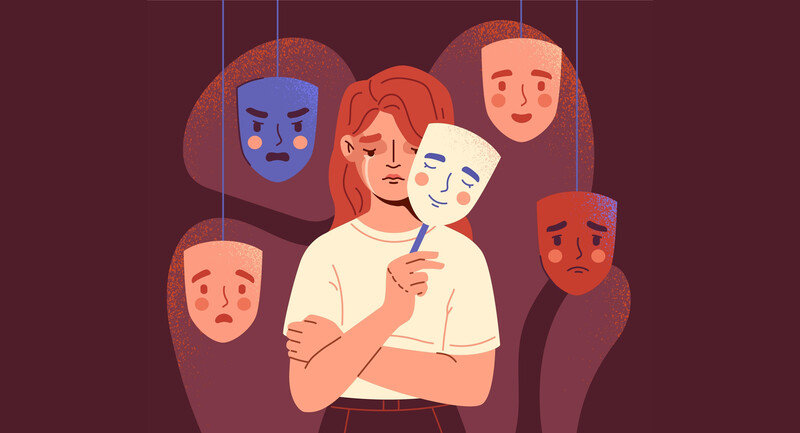Hurricane Irma. Hurricane Harvey. Earthquake and Hurricane Katia in Mexico. Monsoon floods in South Asia. Wildfires in the western U.S.. Our world is plagued by unprecedented natural disasters.
Many children and teenagers experience increased worry and sadness during times of tragedy, whether they are direct victims of the disasters or not. This disquiet in gifted students, however, can be especially pronounced.
There is evidence linking giftedness under specific conditions with depression. For example, in a 2012 study, researchers found 65% of 100 children with superior intellect had major depressive disorder. In particular, experts have concluded gifted individuals are more likely to experience existential depression.
Existential depression occurs when someone’s understanding of self or life’s meaning is disrupted, leading to depression. This most commonly occurs when someone experiences an upsetting event or trauma. Natural disasters can easily lead a deep-thinking child to ponder how lives can be lost without warning, or the unfairness of some people living while others die. Such questions can be overwhelming and can send a gifted student into deep depression.
Most gifted students have two to five of the overexcitabilities (OEs) originally characterized by Kazimierz Dabrowski. Three of these OEs, in particular, can cause gifted students added hardship during times of natural disaster.
Though its manifestations vary from one gifted kid to the next, the emotional OE commonly means strong emotions and extreme sensitivity. When a natural disaster strikes a student’s home, a child with this OE can experience emotions more debilitating than peers’. A child with the emotional OE commonly has deep empathy for the suffering of others. When this child hears of tragedy, he or she can share the victim’s pain. The recent natural disasters can also spark heightened fears or anxieties, which are other markers of the emotional OE. After the 2015 earthquake and tsunami in Chile, my emotional OE daughter asked excessively about whether a tsunami could hit us and was plagued with nightmares.
The imaginational OE commonly means the gifted child has an overactive imagination, is highly creative, and can easily visualize things. These qualities make it easy for the student to imagine how natural disasters are playing out, complete with gore and other horrors. Many imaginational OE kids are also prone to excessive daydreaming, when they might dwell on the latest tragedies.
Finally, gifted children with the intellectual OE tend to be deep thinkers, a trait that makes them particularly prone to the existential depression described earlier. My gifted student Marie continued to mourn for those hit by Hurricane Katrina long after the tragedy, even though she lived on the other side of the country and knew no victims personally. These kids’ strong visual memory, which is another marker of the intellectual OE, can also make it hard to forget images seen in the media.
Educators and parents should watch for signs of depression and ask their gifted children how they are feeling in light of the recent natural disasters. While many gifted students are adept at sharing their feelings, factors like shyness or a sense of hopelessness can prevent a student from volunteering this information on his or her own. Also, investigate how students displaced by disaster are coping with the stress of change and loss.
The student’s stakeholders (parents, teachers, etc.) should be notified as appropriate. School counselors and psychologists can work closely with all involved to help the child with emotional struggles.
It can help to engage the gifted students in relief efforts. Making blankets for animals rescued from a flood or organizing a fundraiser for hurricane victims can give a gifted child a sense of purpose. When the Laguna Beach firestorm of 1993 burned nearly 400 homes, including my own, seeing the community wrap its arms around my family soothed my heartache as a gifted youth.








